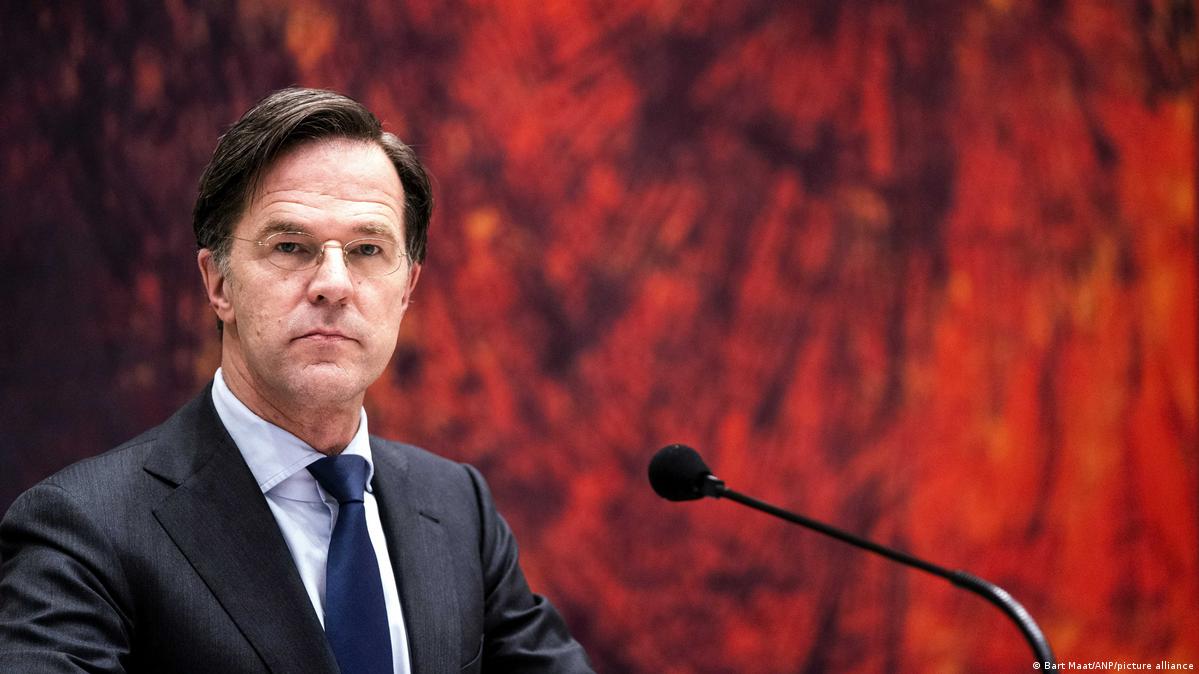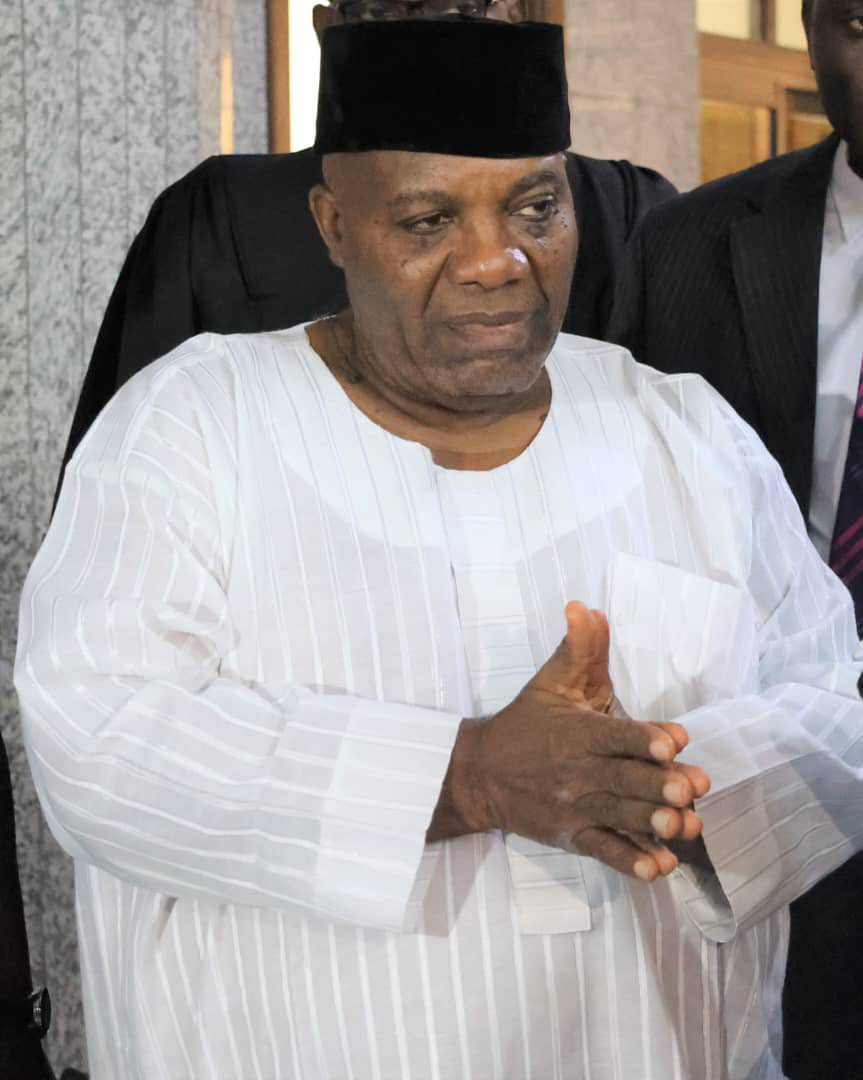On Monday, Dutch Prime Minister Mark Rutte issued a formal apology for 250 years of Dutch involvement in slavery, describing it as a “crime against humanity.”
Almost 150 years have passed since the abolition of slavery in the European nation’s overseas territories, which comprised Suriname in South America, Indonesia in the east, and Caribbean islands such as Curacao and Aruba.
Prime Minister Evelyn Wever-Croes of Aruba, the first of the former Dutch colonies to respond, welcomed the apology, while others decried the absence of specific action or discourse.
Read Also: 57 per cent Twitter users vote for Elon Musk’s resignation as Twitter CEO
“Today on behalf of the Dutch government, I apologize for the past actions of the Dutch state,” Rutte said in a speech, repeating the apology in English, Papiamento, and Sranan Tongo, languages spoken on the Caribbean islands and in Suriname.
“The Dutch State of the Netherlands… bears responsibility for the great suffering inflicted on enslaved people and their descendants,” Rutte told an audience at the National Archives in The Hague.
“We, living in the here and now, can only recognize and condemn slavery in the clearest terms as a crime against humanity,” he added.
Due to the event, Dutch ministers traveled to seven former colonies in South America and the Caribbean.
Iwan Wijngaarde, the leader of the Federation of Afro-Surinamese, told AFP after the address, “I don’t see much with regard to action by the Netherlands and it’s a shame,”
Armand Zunder, the president of Suriname’s national reparations commission, told AFP that responsibility and accountability were absolutely absent from the address.
“Difficult Matter”
The Dutch government has announced a 200-million-euro ($212-million) fund for social activities, in addition to numerous big memorial events beginning the next year.
Zunder stated, “We think that in time there should be a fund which is counted in terms of billions,”
During an official visit to Suriname this week, Dutch Deputy Prime Minister Sigrid Kaag stated that a “process” will begin leading up to “another tremendously crucial moment on July 1 of next year.”
In Suriname, descendants of Dutch slaves will celebrate 150 years since the abolition of slavery with an annual festival called “Keti Koti” (Breaking the Chains).
However, the plan has sparked controversy, with organizations and some of the impacted countries criticizing it as hasty and claiming that the Netherlands’ lack of participation suggests a colonial attitude.
Rutte stated in his Monday speech that choosing the perfect timing was “difficult.”
“There is not one right time, one right statement, or one appropriate place for everyone,” he stated.
‘Golden’ Age?
In the 16th and 17th centuries, the Dutch sponsored their “Golden Age” of empire and culture by transporting over 600,000 Africans as part of the slave trade, primarily to South America and the Caribbean.
At the height of its colonial empire, the Netherlands controlled colonies such as Suriname, the island of Curacao in the Caribbean, South Africa, and Indonesia, where the Dutch East India Company was headquartered in the 17th century.
In recent years, the Netherlands has struggled with the reality that its Rembrandt- and Vermeer-filled museums and ancient cities were primarily constructed on the back of such savagery.
It has also sparked questions about racism in Dutch society, spurred by the Black Lives Matter movement in the United States.
Amsterdam, Rotterdam, The Hague, and Utrecht have issued formal apologies for the slave trade, which has increased domestic pressure.
Rutte had long resisted, arguing that the period of slavery occurred too long ago and that an apology would inflame emotions in a nation where the far right remains entrenched.
Now, he has adjusted his strategy, but this has not satisfied everyone.
“An initial step”
Premier of Sint Maarten Silveria Jacobs labeled it a “forced apology” on Monday, but urged conversation.
“We are not at the stage that we can either accept or reject the statements/apologies,” she said on NOS public radio.
Wever-Croes, though, told the ANP news agency that Aruba welcomed the apology, but emphasized that “it is a first step.”
After Rutte’s address, Dutch cabinet ministers will go to Suriname, Bonaire, Sint Maarten, Aruba, Curacao, Saba, and St. Eustatius on Monday to “discuss the cabinet reaction and its significance on location with persons present,” according to the government.
Suriname and other Dutch-held territories abolished slavery on July 1, 1863, although the practice did not stop until 1873, following a 10-year “transition” period.
Slavery memorial organizations argue that any apology should be issued on the 150th anniversary of that date, December 19, 2023, rather than the “arbitrary” date of December 19 this year.


















